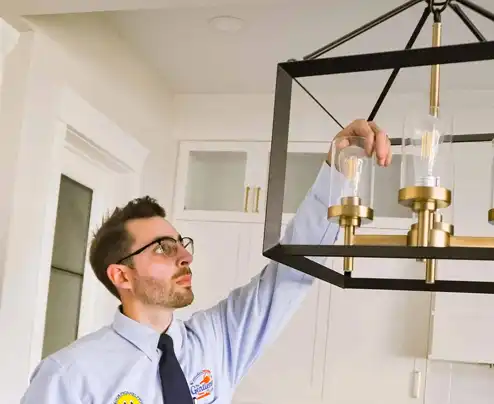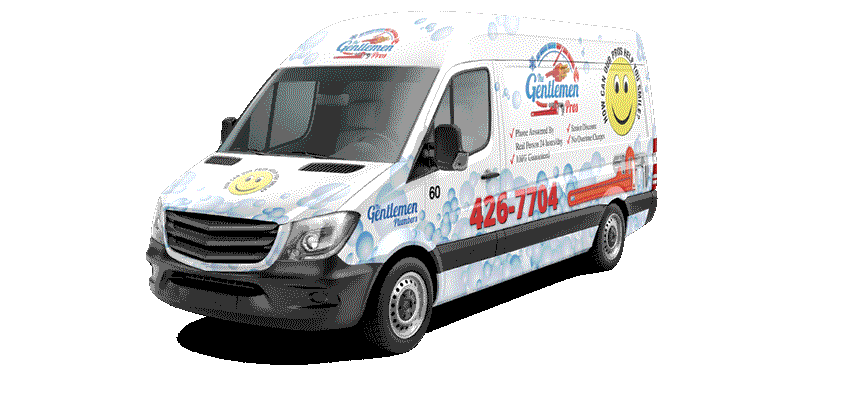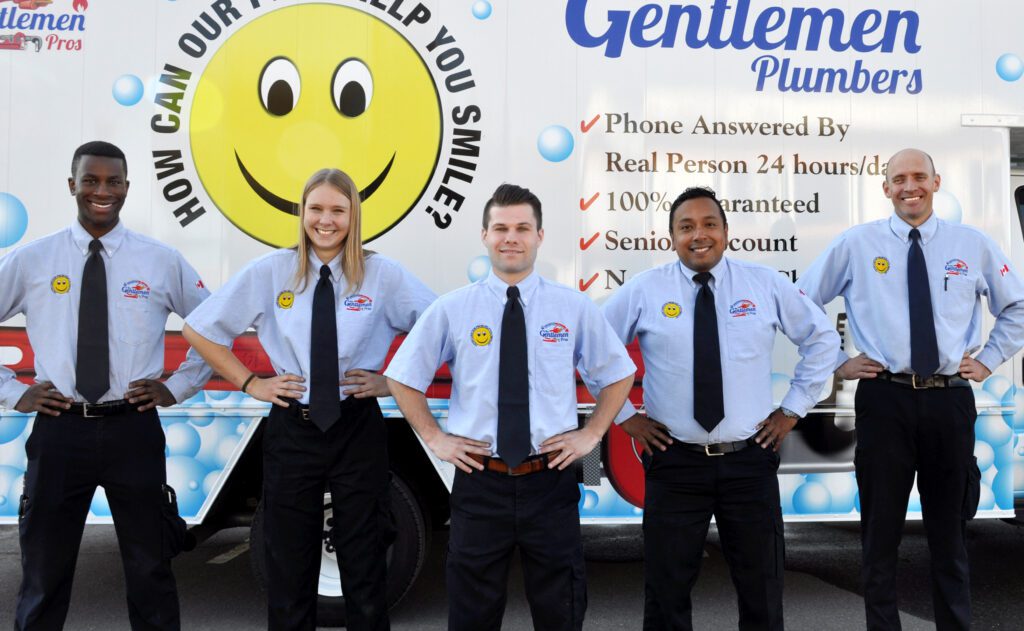
Same Day Service
Since 2001
Call The Gentleman Pros Now!
(780) 628-1734

You never know how dependent you are on something until you don’t have it. This is true for electricity. And when a power outage hits, you really find out how dependent you are on electricity.
“Chris was great! Everything was explained in detail. Chris walked me through the process of the work to be done and after going through the pricing he performed the work agreed upon. Highly reccomend Chris for all electrical! Thanks Chris!” Dave H

A backup generator is really helpful when the power is out. Depending on the model you get, it will power select circuits in your house or it will power the entire house. You don’t have to worry about your HVAC system, food going bad, or how to keep vital medical devices going.
Our knowledgeable electricians will help you select the best generator for your situation and budget. They will get all the required permits (yes, permits are needed in some instances) and properly install the generator, meeting all applicable codes, regulations, and best practices.
Reach out to us with your whole-house generator questions. You can call us at (780) 628-1734, fill out our online form, or click on the Chat With Us icon at the bottom of the page.
When the power goes out it can be annoying and nerve-racking. It’s always good to have a plan for when this happens. Then you are calm and prepared and not rushing around wondering where you put the flashlights and candles.
Now the best way to prevent this from happening is to have The Gentlemen Pros install a standby generator for you. But if you don’t have one, here are some tips to help you feel safe and comfortable when the electricity is out.
First things first, if it is an emergency or life-threatening situation, call 911. Immediately!
Stay calm and assess the situation. Is anyone panicking? Sometimes little ones don’t understand what is going on and are scared. If yes, comfort them and then continue assessing. Does anyone rely on a medical device that uses electricity? If yes, they move to the top of the priority list.
Other questions to ask are:
What does your family need right now? Do they need light or is it the middle of the day? Is it winter and everybody needs to stay warm? These questions will help you prioritise your next steps.
When the power goes out, so do your lighting fixtures and HVAC system. There goes your lights, heat, and air conditioning. Oh, and you will have limited use of most of your entertainment. You won’t be able to use your gaming system and once the batteries run out on your smartphones, tablets, and laptops, everyone will get bored pretty quickly.
Please note that you should save one device to check the status of the power outage and find information from your local authorities. You don’t want to run all the batteries down and have no way of getting updates.
Go get all your flashlights, lanterns, candles, and batteries and bring them to one place. Then check to make sure the flashlights and lanterns work. Replace the batteries if needed.
Bringing them to one place saves you from searching for them each time you need one. It cuts down on the frustration level. Plus, when they are in one spot everyone in the household knows where they are and where to get batteries, if needed.
Be very careful if you are using candles. Put them in proper candle holders, and never leave them unattended, or in the care of a child.
Also, turn off all your lights. If the power comes back on in the middle of the night and all your lights are still on, your house will be lit up like a birthday cake. So turn off all your lights, but one. Leave one on so you know when the power does come back on.
A quick recommendation. For your safety, in the case of an extended power outage in extreme temperatures (either really high or low temperatures) go to a community location. They will have the resources to help.
When your furnace goes out, the house’s temperature should stay comfortable for about four hours. Depending on a few factors, including how cold it is outside.
Why wait until your house gets uncomfortable, gather what you need to keep you and your family warm. Throw on your toques and some extra layers. If it’s really cold, grab the extra blankets.
Extreme heat is uncomfortable and can be dangerous. Make sure you have sufficient water on hand and keep an eye on everyone for signs of heat exhaustion. Heat exhaustion can quickly turn to heat stroke and that is a very dangerous condition — even fatal.
Block the sun. Close all the blinds, curtains, and window coverings. You need to keep the heat of the sun out.
Keep all the doors and windows closed unless there is a breeze. Then open windows and doors on opposite sides of the room or house to create a cooling cross-breeze.
Use a spray bottle to mist yourself with water or use a paper fan to help take the edge off.
Sleep in a cooler room which is usually in the basement or on the first floor. Another option is to sleep outside under the stars. Make it an adventure for your little ones.
Finally, don’t cook indoors even if you have a gas stove or camping stove. The heat from the stove will add to the heat in the house making it even more uncomfortable.
We’re adding one more thing to the safety and comfort list. This may seem like an odd thing to add. But remember your smartphones, tablets, and laptops are only going to last so long without electricity. When their batteries die, you can’t charge them. Then what?
Then you will have some bored kids and adults on your hands. Never a good mix. So grab those board games, a deck of cards, and some books. They’ll help pass the time and hopefully stop a mutiny.
Unplug all your appliances and electronic devices. Doing so will protect them from damage if a power surge happens when the power comes back on. Or invest in a whole-house surge protection device or use power-strip surge suppressors with your electronics.
Limit how often you open the fridge and freezer doors. The more you open them, the quicker they lose their cool.
There are a few things you should not do because they will put you at risk.
Do not use a gas or charcoal BBQ, camping stoves, or camping heating equipment indoors. They emit carbon monoxide which can make you sick and in some cases, is fatal. It is especially dangerous because it is odourless and you can’t tell when it is in your home.
The same goes for a home generator, do not use it indoors. They are designed to be operated outside but you still need to be careful. Please follow all the manufacturer’s instructions and operate them in well-ventilated areas away from windows and doors so the exhaust gases don’t enter your home.
Power outages can be daunting but they don’t have to be. Follow the tips above and you should come through unscathed with some stories to tell the grandkids.



